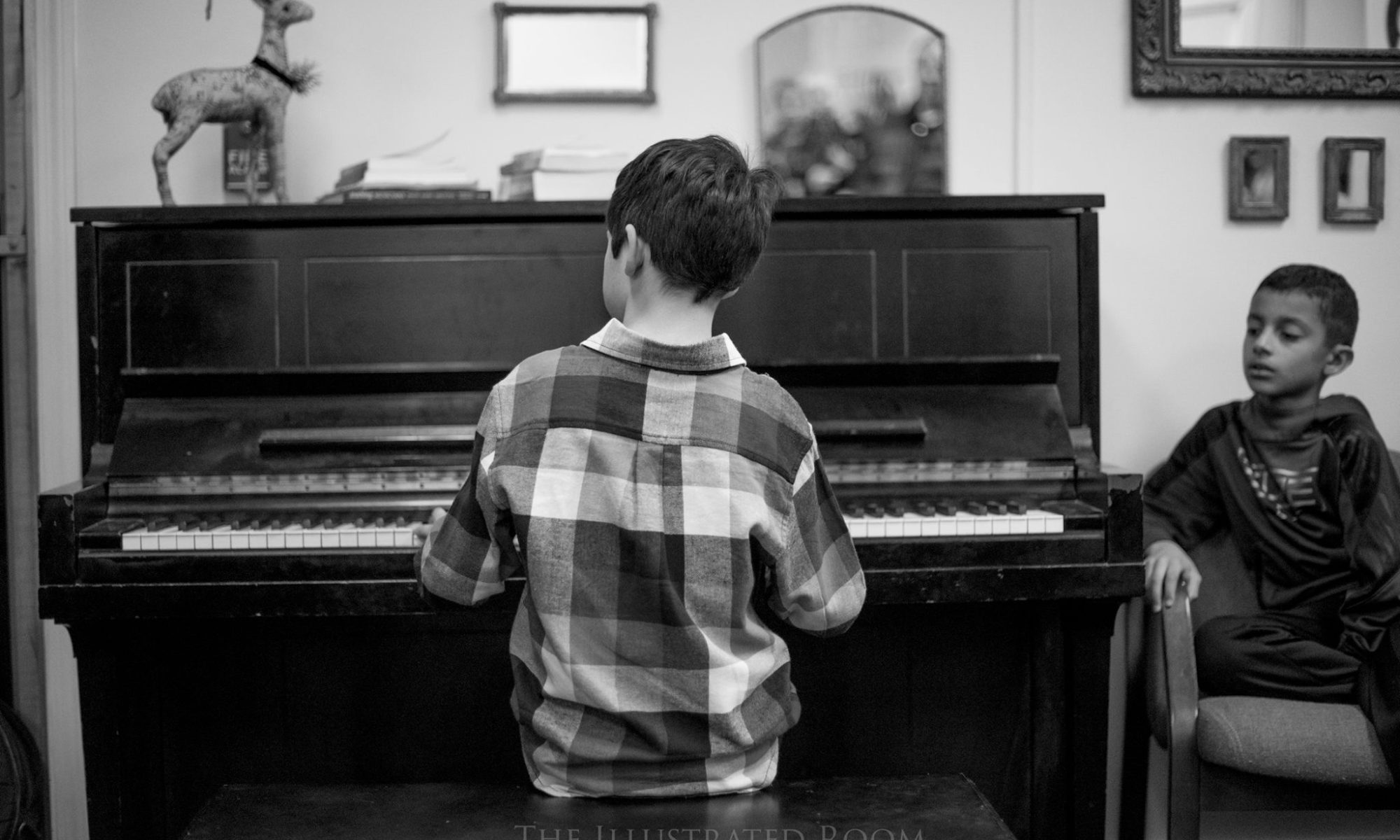We are well into the new year at Monument Square Music School. Music lessons are going great and students are practicing hard for recitals and other performances. Whether you play drums, voice, guitar, violin, cello, sax, flute, trumpet or any of the other lessons that we offer at Monument Square Music School, practicing a musical instrument is tough business! These tips can make it easier and more fun…
1.) Practice slowly. If you can’t play a song perfectly you’re practicing it too fast. You’re probably playing the same mistakes over and over again and your “muscle memory” is memorizing all those mistakes that you’re making. You might even learn the song after a while, but it will take longer and you will probably make a lot of mistakes. You can fix this by slowing it down dramatically! Don’t speed up until you can play the song perfectly and effortlessly at a slow tempo.
2.) Practice effortlessly. You should always be relaxed when you play or sing. Unnecessary tension can make playing an instrument more difficult. Certain things are impossible to play if a musician is too tense. Relaxing will help rhythm, accuracy, and sound. Jazz pianist Kenny Werner wrote book on effortless practicing and performing called Effortless Mastery. This is a great book for older students. Here’s a link for that book.. http://kennywerner.com/
3.) Practice small sections or “chunks” of a song. Don’t just run the song from top to bottom every time. This is especially useful for longer, more difficult songs. If a song is hard enough, and you are making a lot of mistakes, break it up into small sections or chunks. After you master a small chunk of the song move onto the next chunk. When the second chunk is mastered combine the first and second chunk. Keep progressing through the song like this and you’ll have the song mastered in no time!
4.) Start a practice journal. Buy and a notebook and start keeping track of your practices. Jot down the time you start and finish, and what you worked on during the practice session. This will help keep you on track and motivate you to practice consistently.
5.) Set long-term and short-term goals. What do you want to accomplish with music lessons? Do you want to play for friends and family? Join a rock band? Play in an orchestra or chorus? No goal can be too big or small. People take music lessons for many different reasons. It’s just nice to have something to work towards. Writing down your goals will help keep you focused. Short term goals can be more along the lines of preparing for a recital next month, or learning your songs for the week.
6.) Don’t be afraid to review old songs. Make “review songs” part of your daily practice. I don’t know why some students are hesitant to go back and play songs that they know and love! It is definitely not a waste of time. Take 10 minutes a day to review and you will become a better player.
7.) Space out practice sessions. Practicing through shorter and more regular time intervals improves concentration and reinforces new skills and material. Shorter periods also can be more convenient. Everybody’s different and some people have no problem concentrating for long periods of time. However, many students are much more comfortable with 10 minute practice sessions 2 or 3 times a day.
8.) Have a comfortable practice environment. I know that sometimes it’s impossible to have the ideal practice space, but if you can improve your environment it can make practicing more enjoyable. Put up a cool poster or inspiring picture. Make sure the room is neat and tidy (if that’s what you prefer). It’s also a good idea to find a space that is private and quiet!
9.) Record yourself playing/singing. You will probably find ways to improve by listening to yourself perform. Simply buy a cheap recorder and keep it handy near your practice area. Ipods/smartphones have recording apps installed in them. A recorder is also a great tool for those of us that compose. It helps to jot down your ideas quickly!
10.) Listen to music for motivation. Listening to a great CD or going to see an amazing concert can be motivation to hit the practice room!
11.) Have fun! Focus on the interesting sounds you are creating. Improvise freely. Learn your favorite tunes. Play along with recordings. Play with other musicians. Compose your own music. Your enthusiasm will reflect in your playing.
